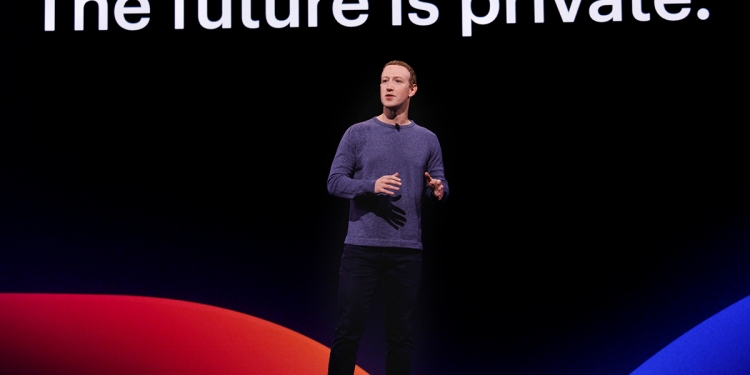A widely-circulated deepfaked video of Mark Zuckerberg was recently uploaded onto Instagram—and it remains there. First reported by Vice, the video shows Zuckerberg giving a sinister-sounding speech about the power of controlling data, while attributing it all to ‘Spectre’.
“Imagine this for a second: One man, with total control of billions of people’s stolen data, all their secrets, their lives, their futures,” it continues,”I owe it all to Spectre. Spectre showed me that whoever controls the data, controls the future.”
So why isn’t Facebook taking the video down?
Instagram is owned by Facebook. Zuckerberg is the CEO of Facebook. It seems logical enough that the video would be taken down, wouldn’t it? Well, Facebook has actually been in a similar situation before.
As recently as last month, a deepfaked video of American politician Nancy Pelosi appearing to be intoxicated was posted on Facebook, and the internet (expectedly) exploded. Instead of taking the video down, Facebook merely added some disclaimers to the video linking watchers to authentic sources on the issue.
The director of public policy from Facebook then explained to Congress that their decision to leave the video online despite proof that it was fake, would remain the same even if it was a deepfaked video of Mark Zuckerberg instead.
The deepfake was actually created by artists, Bill Posters and Daniel Howe, and isn’t the only deepfake on Posters’ Instagram account (President Trump, Kim Kardashian, Morgan Freeman are the others).
Taking responsibility
Facebook told The Verge that the video will not be removed, but will instead be stopped from being recommended on the app.
“We will treat this content the same way we treat all misinformation on Instagram. If third-party fact-checkers mark it as false, we will filter it from Instagram’s recommendation surfaces like Explore and hashtag pages.”
But how much of this is actually a cop-out? Facebook has made big noises in the past about the fight to stop false news and misinformation. They even have a detailed post on the subject on their official media page.
According to them, there are 3 facets to their strategy against fake news:
- Disrupting economic incentives because most false news is financially motivated;
- Building new products to curb the spread of false news; and
- Helping people make more informed decisions when they encounter false news.
So what does this mean? Zilch, apparently. Filtering false news such as the Zuckerberg deepfake hasn’t exactly stopped it from spreading like wildfire, and Facebook (and Instagram) will certainly have to answer claims that the tech giants are skirting responsibility on the issue of false news and misinformation.








